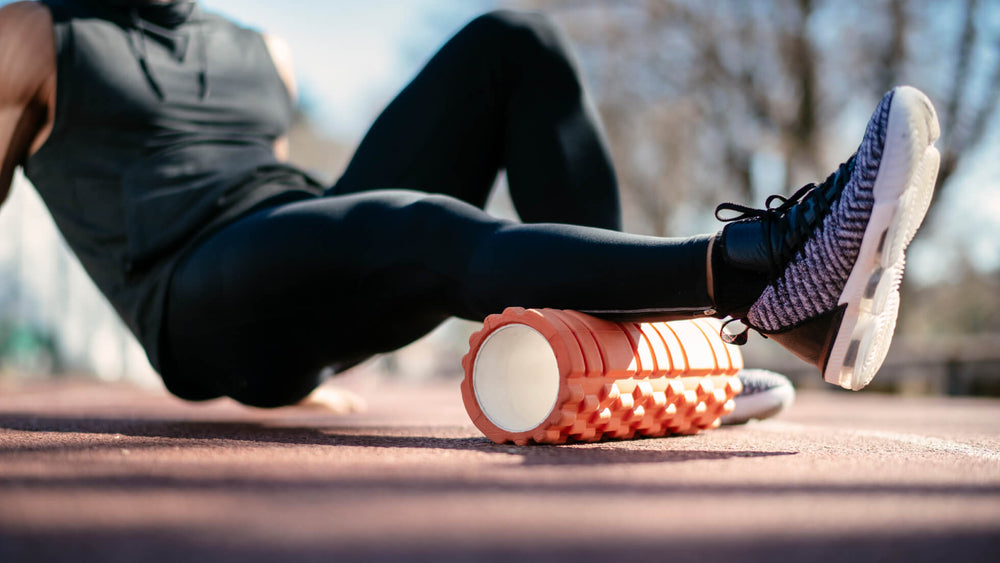Lutein Is a Potent Antioxidant

Iannone A, Rota C, Bergamini S, Tomasi A, Canfield LM. (1998). J Biochem Mol Toxicol. 12(5):299-304.
beta-Carotene is thought to be a chain-breaking antioxidant, even though we have no information about the mechanism of its antioxidant activity. Using electron-spin resonance (ESR) spectroscopy coupled to the spin-trapping technique, we have studied the effect of beta-carotene and lutein on the radical adducts of the spin-trap PBN (N-t-butyl-alpha-phenylnitrone) generated by the metal-ion breakdown of different tert-butyl hydroperoxide (tBOOH) concentrations in methylene chloride. The peroxyl radical, along with an oxidation product of PBN (the PBNOx), trapped at room temperature from the breakdown of high concentration of tBOOH (1 M), were quenched by beta-carotene or lutein, in competition with the spin-trapping agent. However, carotenoids were not able to quench the alkoxyl and methyl radicals generated in the reaction carried out in the presence of low tBOOH concentration (1 mM). The reaction between carotenoids and the peroxyl radical was also carried out in the absence of the spin trap, at 77 K: Under these different experimental conditions, we did not detect any radical species deriving from carotenoids. In the same system, a further evidence of the peroxyl radical quenching by beta-carotene and lutein was obtained. The antioxidant activity of vitamin E was also tested, for comparison with the carotenoids. In the presence of alpha-tocopherol, peroxyl and alkoxyl radicals were quenched, and the tocopheroxyl radical was detected. Our data provide the first direct evidence that carotenoids quench peroxyl radicals. Under our experimental conditions, we did not detect any carotenoid radical species that could derive from the interaction with the peroxyl radical. The radical-trapping activity of beta-carotene and lutein demonstrated in this chemical reaction contributes to our understanding carotenoid antioxidant action in biological systems.
Legal notice: The patent-pending EPO-BOOST® formula is proprietary to Biomedical Research Laboratories, LLC. Biomedical Research Laboratories, LLC has been successful in defending its intellectual property and prosecuting all unauthorized uses or violations to the fullest extent of both domestic and international law.

